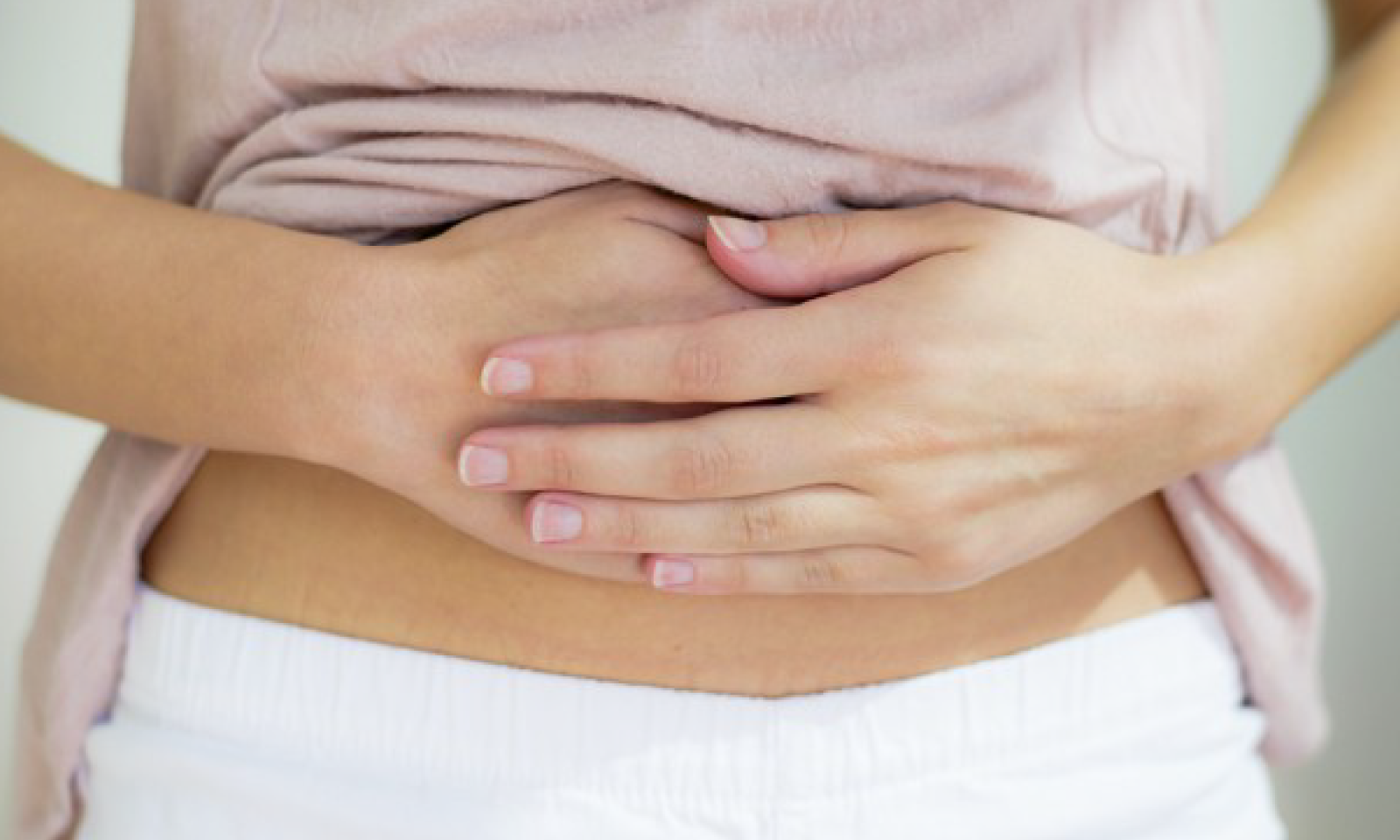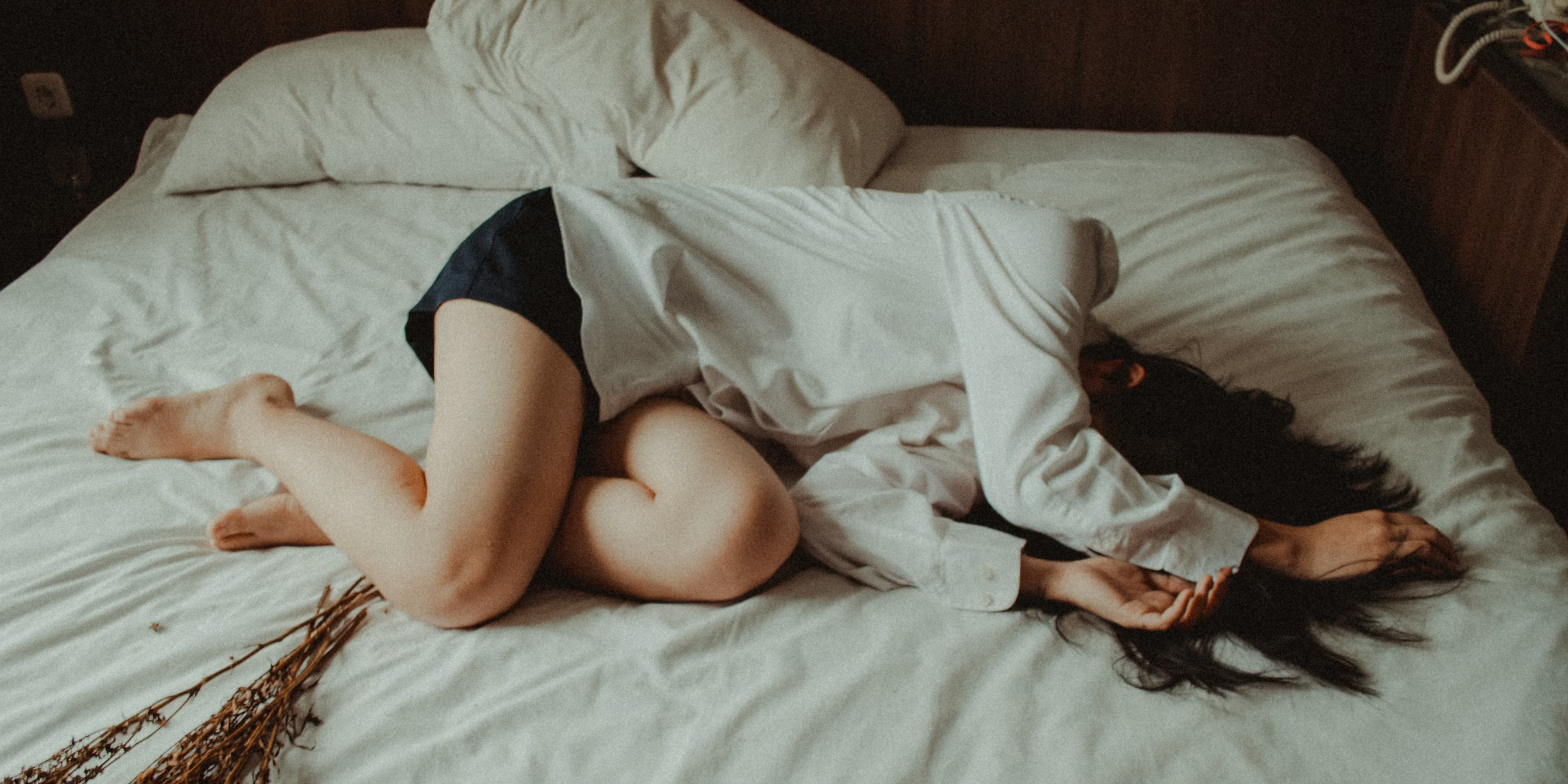Everything You Should Know About Water Retention and Periods

Water retention is one of most common symptoms of premenstrual syndrome (PMS) a person can get during a period. 92% of people who menstruate are likely to have it over the course of their cycles, but most of them probably won’t know why. So, what exactly is water retention? What does water retention have to do with our periods?
And, perhaps most importantly, what can we do to make water retention go away?
We’ve got answers to these (as well as some helpful tips) below, so take a look and find out everything you need to know about water retention and periods here.
What is water retention?
Water retention, or fluid retention, as it will sometimes be called, is when your body holds on to extra water and salt. Our bodies are mostly made up of water, and when (for whatever reason) your hydration levels aren’t right, your body will keep the excess saved in case you need it.
Your body can choose to save all of this water for a number of different reasons, but all those reasons lead to the same kinds of symptoms. These include bloating that often gets mistaken for weight gain, puffiness around certain features (like your face, hands, abdomen, legs, ankles, and feet), and swelling.
For those of us who aren’t quite so lucky and regularly experience water retention before a period, there might also be symptoms like breast tenderness, stiff joints, and a general achiness all over. We know ‒ getting a period means getting all of the irritating little symptoms that come along with it!
Why do I get water retention before a period?
One of the reasons water retention happens in the body is hormonal fluctuations; the kind of hormonal fluctuations that take place over the course of a menstrual cycle. The hormones oestrogen and progesterone rapidly decrease in the body to tell a person it’s time to have their period, but they also happen to be the hormones that control the way a person’s fluids are regulated. When they’re missing, the tissues in your body will take it as a sign to hold on to more water, causing water retention.
This is also why water retention is one of the most common PMS symptoms. It’s your body activating a kind of “mini survival mode” to get you through until your oestrogen and progesterone levels pick back up again.
If that’s the case, then why do I still have water retention during a period?
Because your hormone levels need time to settle again. Over the course of a menstrual cycle, your body will go through several different hormonal phases before it ends in a period. The last of these is the luteal phase, which is the time your oestrogen and progesterone levels will drop if you’re about to enter your period week.
The phase can last anywhere between 11 to 17 days, so it may overlap a bit with the menstrual phase. This means you may also experience things like bloating, apparent weight gain, and water retention during a period.
How to reduce water retention before a period
We understand entirely if you want to reduce water retention before a period. It’s uncomfortable, makes you feel swollen, and can even hit you right in your self esteem if you suddenly can’t slip into your favourite pair of jeans when they were just fine only a week or so ago. That last one especially is only made worse by how sensitive you might be feeling when the time comes for your most delicate days!
Luckily, there are a few things you can do in everyday life to reduce water retention and ease yourself back into comfort:
- Limit the amount of salt in your diet, especially from processed foods.
- Avoid refined carbs (so things like processed sugars and grains) before you’re due to start your period.
- Increase your magnesium intake by eating things like nuts, leafy greens, and dark chocolate (they’re all rich in the stuff). You can also find magnesium as a supplement.
- Take in more Vitamin B6 by eating things like bananas, potatoes, and walnuts.
- Add natural diuretics to your daily intake. These can be things like herbal teas, or even water pills if you prefer something quick and easy, and both help to reduce fluid buildup by increasing how much you’ll need to go to the toilet.
- Make use of relaxation techniques like yoga and meditation. Even sitting or lying on the floor with your legs raised a few times a day can help to keep things moving.
- Take regular exercise. It will improve circulation, which can reduce fluid buildup in different areas around the body. It may also help if you’re worried about weight gain or want to reduce bloating.
- Have a massage. This also improves your circulation, and helps you to relax at the same time!
What to do if you have severe water retention
If you’ve got particularly severe water retention, or you’ve found that you’re bothered by it month after month both before and during your period, then the best thing you can do is talk to your doctor or healthcare provider. They’ll probably start you off by asking you to start a symptom diary, so they can rule out other causes, before setting you up on a treatment plan that works best for your needs.
Feel comfortable, fashionable, and not at all bloated
We know just how uncomfortable bloating can be on your period, and when you’ve got moderate or severe water retention to deal with you’ll do anything you can to make yourself feel that little bit better. That even includes wearing just the right underwear, which we’re happy to supply in our gorgeous High Waisted range of period pants!
These tummy-hugging and totally leak-proof undies are designed to keep you feeling supported and secure, no matter what you’ve got planned for your period. They’re completely discreet, too ‒ they look and feel just like regular underwear, so you can wear them anywhere you want, under any kind of clothing, for up to 8 hours!
You’ll be kept comfortable against bloating and ready for anything with one of our fabulous pairs. So, what are you waiting for? Pick out your perfect pairs and get set for less bothersome PMS symptoms and period days today!
- Tags: Myths & Facts Periods



